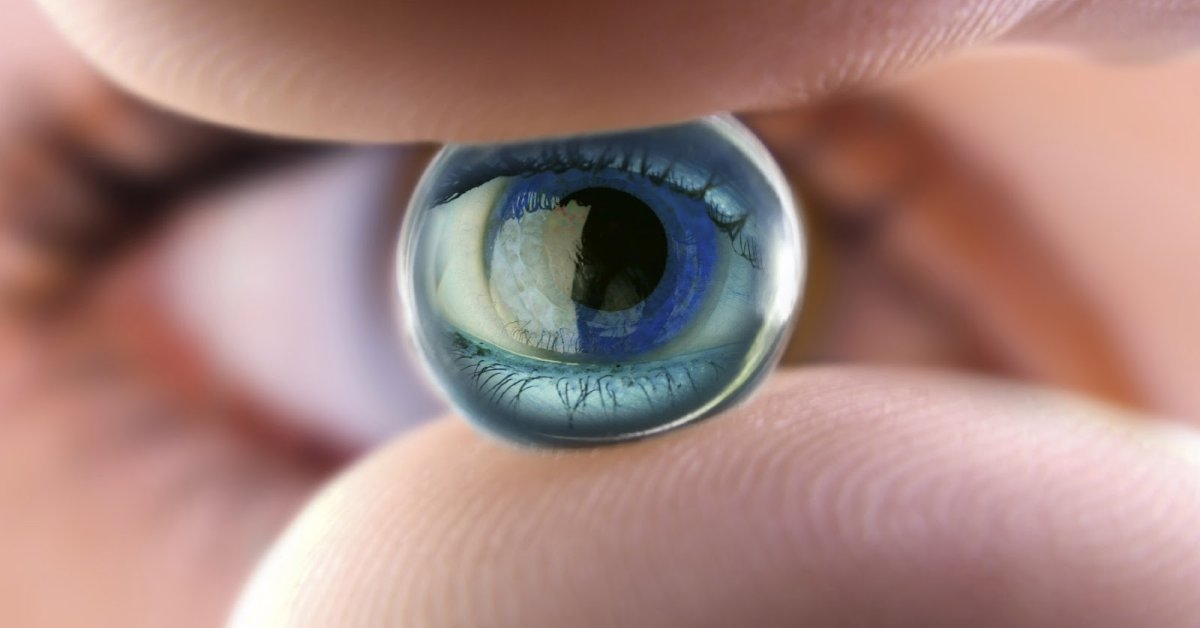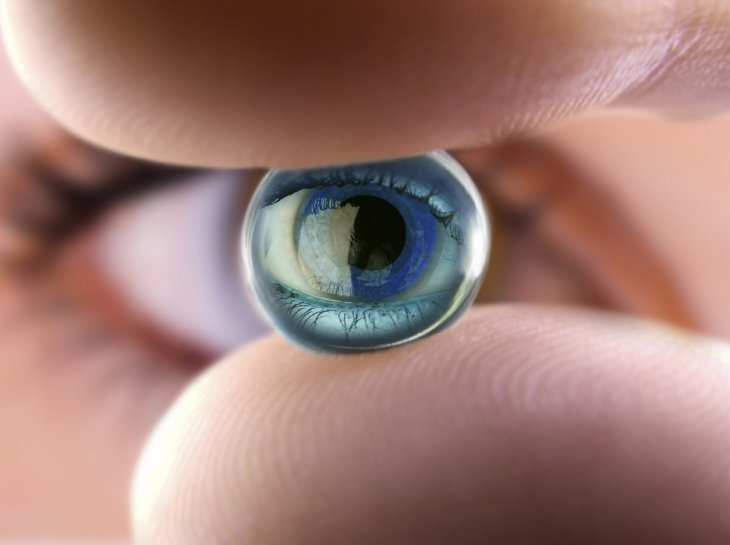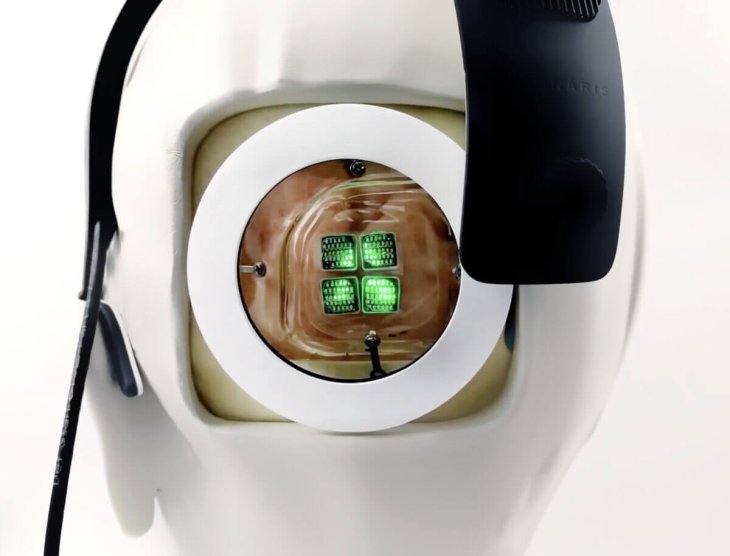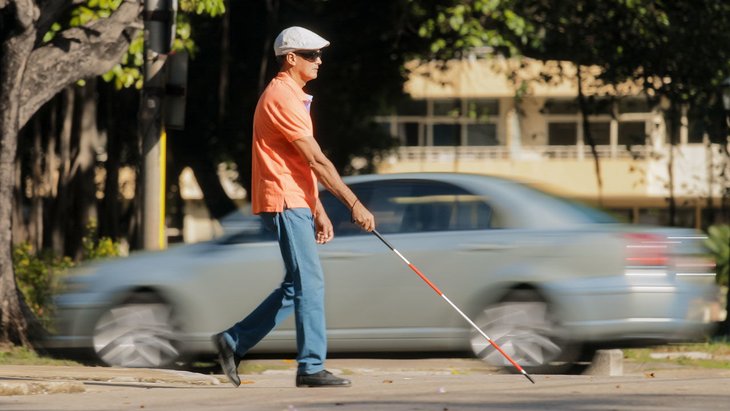World's First Bionic Eye To Help Blind People Restore Their Vision
Harin - Sep 21, 2020

Researchers from Melbourne-based Monash University in Australia have developed a bionic eye that uses a brain implant to bring back vision to blind people.
- 7 Inventions To Show How Great And Talented Black People Are
- IIT-Madras Student Builds Smart Garbage Bin System
- This Guy Made A Pedestrian Horn That Looks Weird But Works
For people with blindness, life is undoubtedly challenging. For us who can see, we can’t fully understand the importance of sight.
Researchers have been working on various bionic solutions to help blind people. None of them has come up with one usable solution. However, it seems like, there is one that has come awfully close.
Researchers from Melbourne-based Monash University in Australia have developed a bionic eye that is said to use a brain implant to bring back vision to blind people. And according to the claim of the team, their invention is the first bionic eye in the world.

Called “Gennaris bionic vision system,” the bionic eye has been developed for almost 10 years now. So how does it work? The bionic eye bypasses damaged optic nerves so that signals can be transmitted from the retina to the brain’s vision center.
And it is simple as that. What the user would have to do is to wear a headgear that is custom-designed. The headgear consists of a camera and a wireless transmitter. For the bionic eye to work, the user will have a set of 9-millimeter tiles implanted in their brain to receive signals from the receiver.

Professor Arthur Lowery from the Electrical and Computer Systems Engineering Department, Monash University said that the design combined a maximum of 172 spots of light to create a visual patter to provide information for the user to move in both indoor and outdoor environments, to recognize the objects and people around them.
Researchers now plan to advance their system so that it can be used for people who have untreatable neurological conditions such as quadriplegia, paralysis.

The system has given successful results with minimal side effects when tested in sheep. Now, the team is preparing to test the device in a human clinical trial that will be conducted in Melbourne.
Featured Stories

Features - Jan 29, 2026
Permanently Deleting Your Instagram Account: A Complete Step-by-Step Tutorial

Features - Jul 01, 2025
What Are The Fastest Passenger Vehicles Ever Created?

Features - Jun 25, 2025
Japan Hydrogen Breakthrough: Scientists Crack the Clean Energy Code with...

ICT News - Jun 25, 2025
AI Intimidation Tactics: CEOs Turn Flawed Technology Into Employee Fear Machine

Review - Jun 25, 2025
Windows 11 Problems: Is Microsoft's "Best" OS Actually Getting Worse?

Features - Jun 22, 2025
Telegram Founder Pavel Durov Plans to Split $14 Billion Fortune Among 106 Children

ICT News - Jun 22, 2025
Neuralink Telepathy Chip Enables Quadriplegic Rob Greiner to Control Games with...

Features - Jun 21, 2025
This Over $100 Bottle Has Nothing But Fresh Air Inside

Features - Jun 18, 2025
Best Mobile VPN Apps for Gaming 2025: Complete Guide

Features - Jun 18, 2025
A Math Formula Tells Us How Long Everything Will Live
Read more

ICT News- Feb 18, 2026
Google's Project Toscana: Elevating Pixel Face Unlock to Rival Apple's Face ID
As the smartphone landscape evolves, Google's push toward superior face unlock technology underscores its ambition to close the gap with Apple in user security and convenience.

Mobile- Feb 16, 2026
Xiaomi Launches Affordable Tracker to Compete with Apple's AirTag
For users tired of ecosystem lock-in or high prices, the Xiaomi Tag represents a compelling, no-frills option that delivers core functionality at a fraction of the cost.

Mobile- Feb 17, 2026
Anticipating the Samsung Galaxy S26 and S26+: Key Rumors and Specs
The Samsung Galaxy S26 series is on the horizon, sparking excitement among tech enthusiasts.
Comments
Sort by Newest | Popular